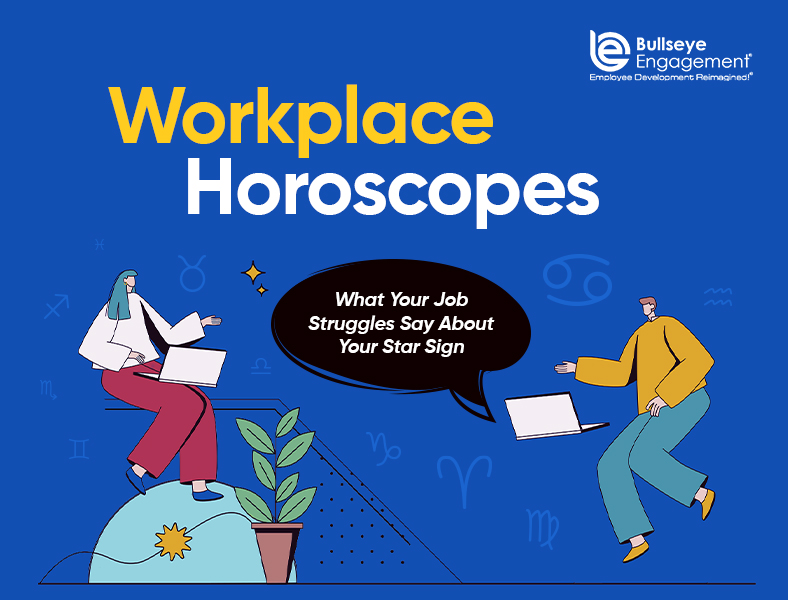
Organizations can only be in operation with individuals working for them, usually in the shape of teams. Therefore, all that you do for your organization has to be focused on individual employees. While it’s not practical for organizational leaders to look into each and every individual’s performance with plain data, there is need for a performance monitoring system to aid such a process.
The Importance of a System Managing Employees
A performance management system that helps you to observe each individual’s performance is truly advantageous. The basic advantage that you have with such a system is the recording and monitoring functions along with data analysis in easily readable formats.
This analyzed data in an easily readable format makes it convenient for the management to understand without saving any time. This data helps you in a variety of ways to manage and improve your existing talent. However, you must manage talent intelligently and develop it using the data on hand. The idea of having this virtual employee data is to identify their strengths and weaknesses.
Implement a Strategic Approach to Talent Management
With a strategic employee management plan, you can work on the strengths and weaknesses of your employees in order to take your workforce forward progressively. This will require a decent approach to efficient employee management that truly motivates and facilitate teams.
Accurate Data Helps to Address Issues Effectively
With all the data you need, you must assess each individual’s performance and have an open communication that reveals recognizable obstacles. It’s important to have a communication process established so that you can get a clear understanding of your employees’ viewpoints.
Along with this, it’s important to convey the organization’s concerns as well so that employee strengths and weaknesses are addressed. This can take some time if there are several issues to discuss, but the main point is to have them addressed at least briefly so that there is feedback noted down. This helps the existing issues to remain on record for further work at a later stage.
If there are issues that are not easily resolved, they must be kept on the cards for ongoing discussion so that an eventual solution can be achieved. Cooperation in this regard is expected from both sides if progress in all matters are to be achieved. This is especially true for the management if you must prove to be a leader, facilitator and motivator.

















